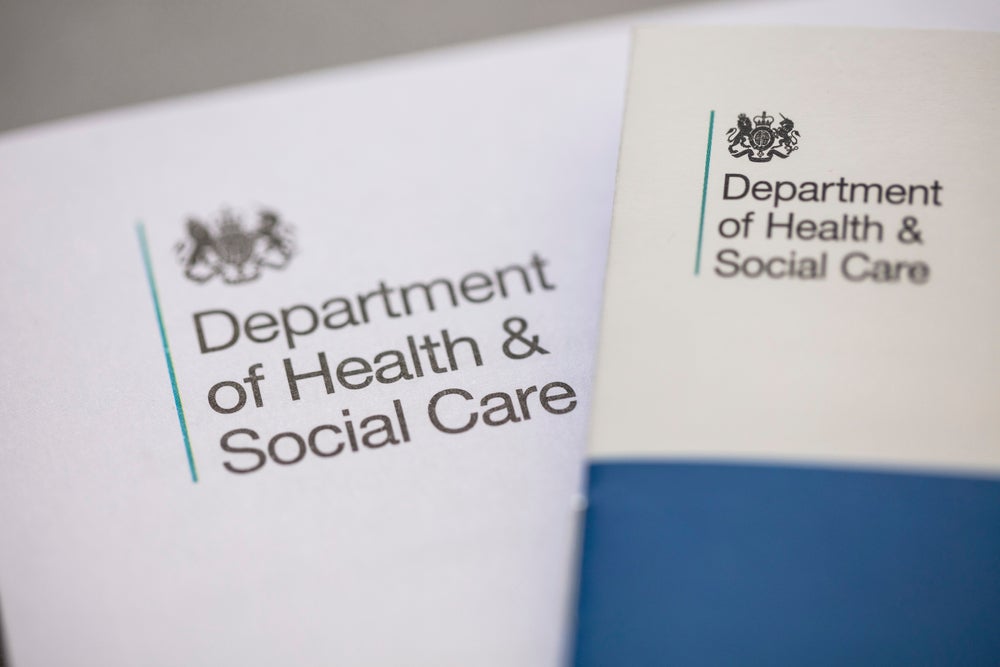A longer relationship between the auditor and
its client leads to a higher number of corrections in the public
audit, according to a research by the Nyenrode Business
Universiteit (NBU).
The Dutch study also shows that when an audit
is coupled with more than 30% of non-audit services to audit
clients, the number of corrections made is three times lower. The
research states that this less-tough approach does not affect
important audit differences.
NBU analysed 147 Dutch audits, including 55%
of Public Interest Companies and 45% of very large privately held
companies.
The research follows the debate on the
European Commission’s (EC) audit reform proposals, which includes
mandatory audit firm rotation, mandatory re-tendering and the
banning of certain non-audit services to audit clients.
According to the research, which includes
information on applied error-tolerance margins, audit differences
and management letters, in 23% of companies the audit leads to
corrections in the balance sheet prior to the issuing of the
auditors’ opinion. The impact of the audit in the correction of
notes to the financial statements and the directors’ report is even
higher, leading to a 77% of sections being corrected because of the
audit.
A quarter of mistakes found by auditors have
been classified by researchers as ‘important’ but only seven out of
ten of these important audit differences have been corrected in the
annual report, the study found.
How well do you really know your competitors?
Access the most comprehensive Company Profiles on the market, powered by GlobalData. Save hours of research. Gain competitive edge.

Thank you!
Your download email will arrive shortly
Not ready to buy yet? Download a free sample
We are confident about the unique quality of our Company Profiles. However, we want you to make the most beneficial decision for your business, so we offer a free sample that you can download by submitting the below form
By GlobalData “These results lead to questions about
whether obligatory rotation of audit firms, as proposed by the EC
Commissioner Michel Barnier, will enhance the positive impact of
the public audit,” NBU Researcher Joost van Buuren said.






